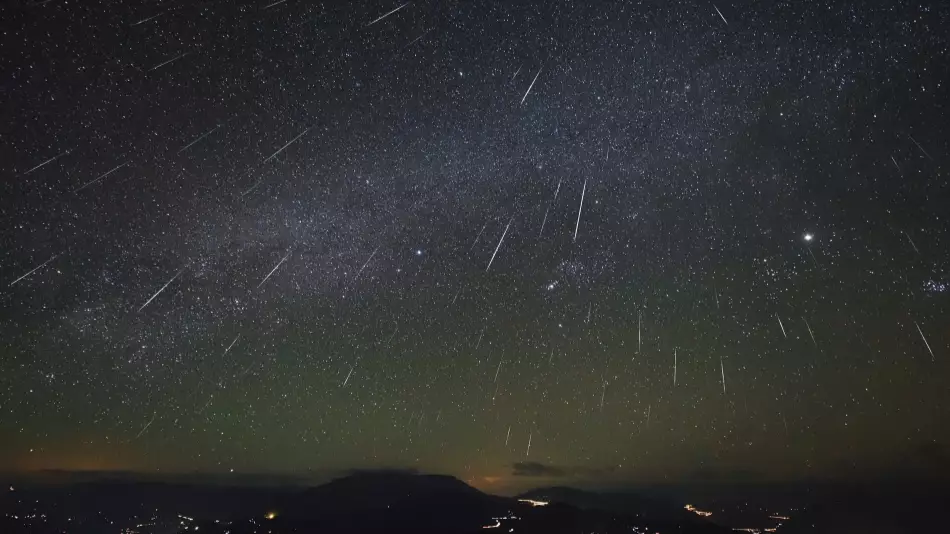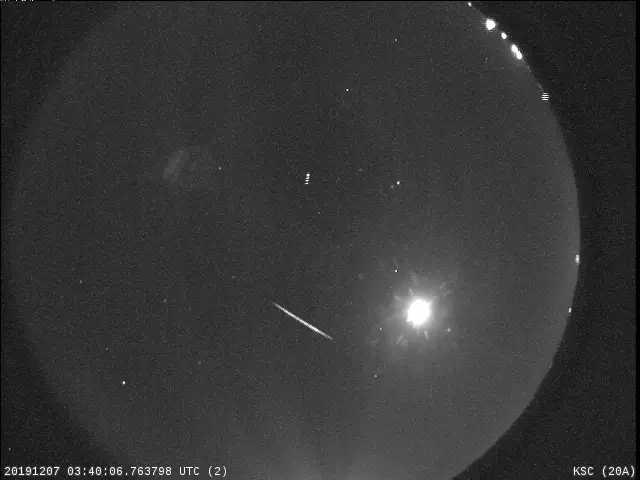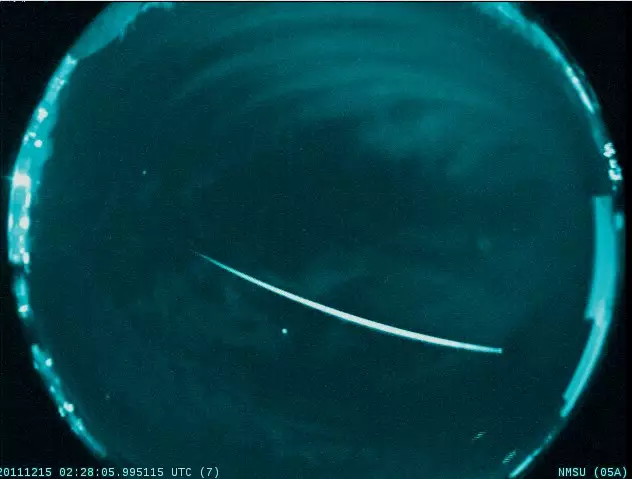
Keep your eyes to the skies this weekend as a meteor shower is due to pass over and it's set to be a good one.
The annual Geminid Meteor Shower is active throughout December but will hit its peak on 13 and 14 December.
If you're hoping to see a shooting star, then this could be your best chance of the year, because when it hits peak the Geminids can have up to 120 meteor every hour.

It kicks off around 9pm, but will peak between midnight and dawn, so keep your eyes peeled from then.
Advert
NASA said: "The Geminids are active every December, when Earth passes through a massive trail of dusty debris shed by a weird, rocky object named 3200 Phaethon.
"The dust and grit burn up when they run into Earth's atmosphere in a flurry of 'shooting stars'."
The space agency also offers some tips to help you spot a shooting star - such as getting out of the city and away from light pollution.
It adds: "After about 30 minutes in the dark, your eyes will adapt, and you will begin to see meteors.
Advert
"Be patient - the show will last until dawn, so you have plenty of time to catch a glimpse."
According to the Space Centre, most meteor showers are caused when debris drops from the tails of comments, but 3200 Phaethon doesn't actually have a tail. Despite this it's still one of the busy meteor showers each year.

Don't worry too much if you miss the Geminid Meteor Shower, because you've not got too long to wait for the next one. Ursids will peak during the night of 21 December into 22 December, but it's not as busy as our friend the Geminid Meteor Shower with between five and ten shooting stars each hour.
Advert
Still, if it's a cloudless night you still might catch a glimpse of something.
NASA meteor expert Bill Cooke told Space.com: "We're not expecting an outburst, but the Ursids have surprised us before."
Featured Image Credit: NASA